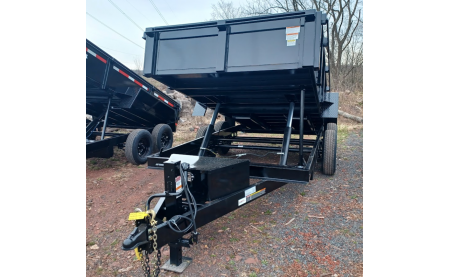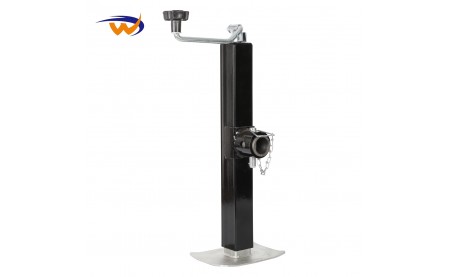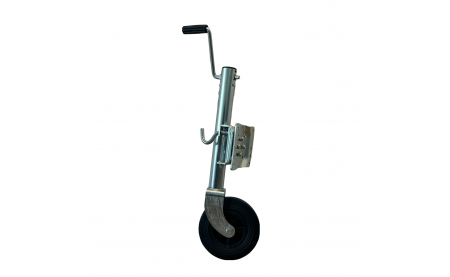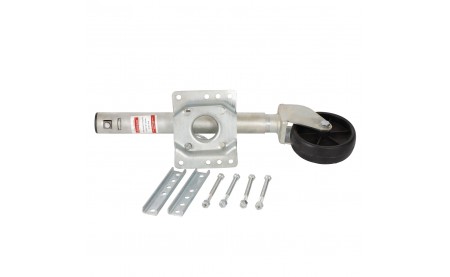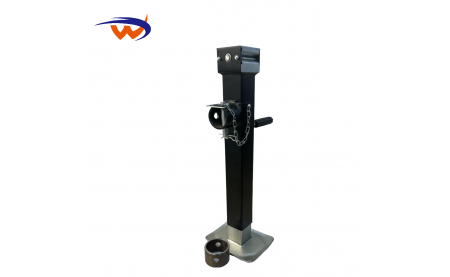Essential Guide to Trailer Jack Maintenance
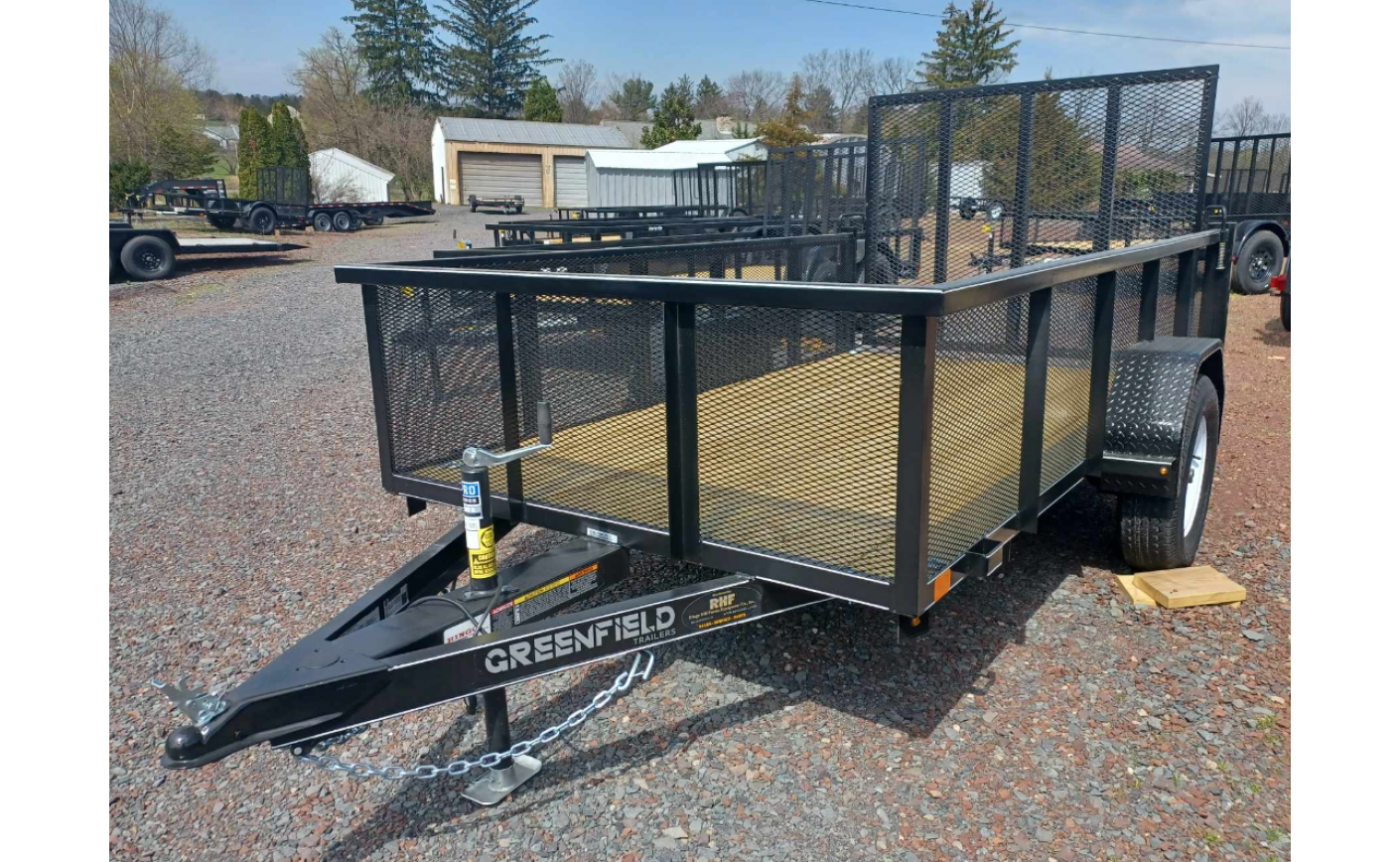
Trailer jacks are critical components of trailers, providing the necessary support to keep your trailer level when it is not hitched to your vehicle. Proper maintenance of your trailer jack is crucial for ensuring safety, longevity, and ease of use. This guide will walk you through the steps of maintaining your trailer jack, including inspection, lubrication, cleaning, and troubleshooting common issues.
Why Trailer Jack Maintenance is Important
Regular maintenance of your trailer jack offers several benefits:
- Safety: Ensures the trailer is securely supported when unhitched, preventing accidents.
- Longevity: Extends the lifespan of the trailer jack by preventing rust and wear.
- Efficiency: Keeps the jack functioning smoothly, saving time and effort during use.
- Cost Savings: Prevents expensive repairs or replacements by addressing minor issues early.
Tools and Materials Needed
Before starting your maintenance routine, gather the following tools and materials:
- Grease or lubricant (preferably waterproof)
- Rust remover
- Wire brush
- Clean rags
- WD-40 or a similar penetrating oil
- Protective gloves
- Screwdriver or wrench set (depending on your jack type)
Step-by-Step Maintenance Guide
1. Inspection
Begin by thoroughly inspecting your trailer jack. Look for signs of wear, rust, or damage. Key areas to check include:
- Crank Handle: Ensure it turns smoothly without excessive wobbling.
- Mounting Bolts: Check for tightness and signs of corrosion.
- Main Shaft: Look for rust, bends, or cracks.
- Base Plate or Wheel: Ensure it is secure and in good condition.
2. Cleaning
Clean your trailer jack to remove dirt, grime, and rust.
- Use a wire brush to scrub off rust and debris from the main shaft and other metal parts.
- Apply rust remover to stubborn rust spots and let it sit according to the manufacturer's instructions.
- Wipe down all components with a clean rag to remove loose dirt and cleaning agents.
3. Lubrication
Proper lubrication is vital for smooth operation.







